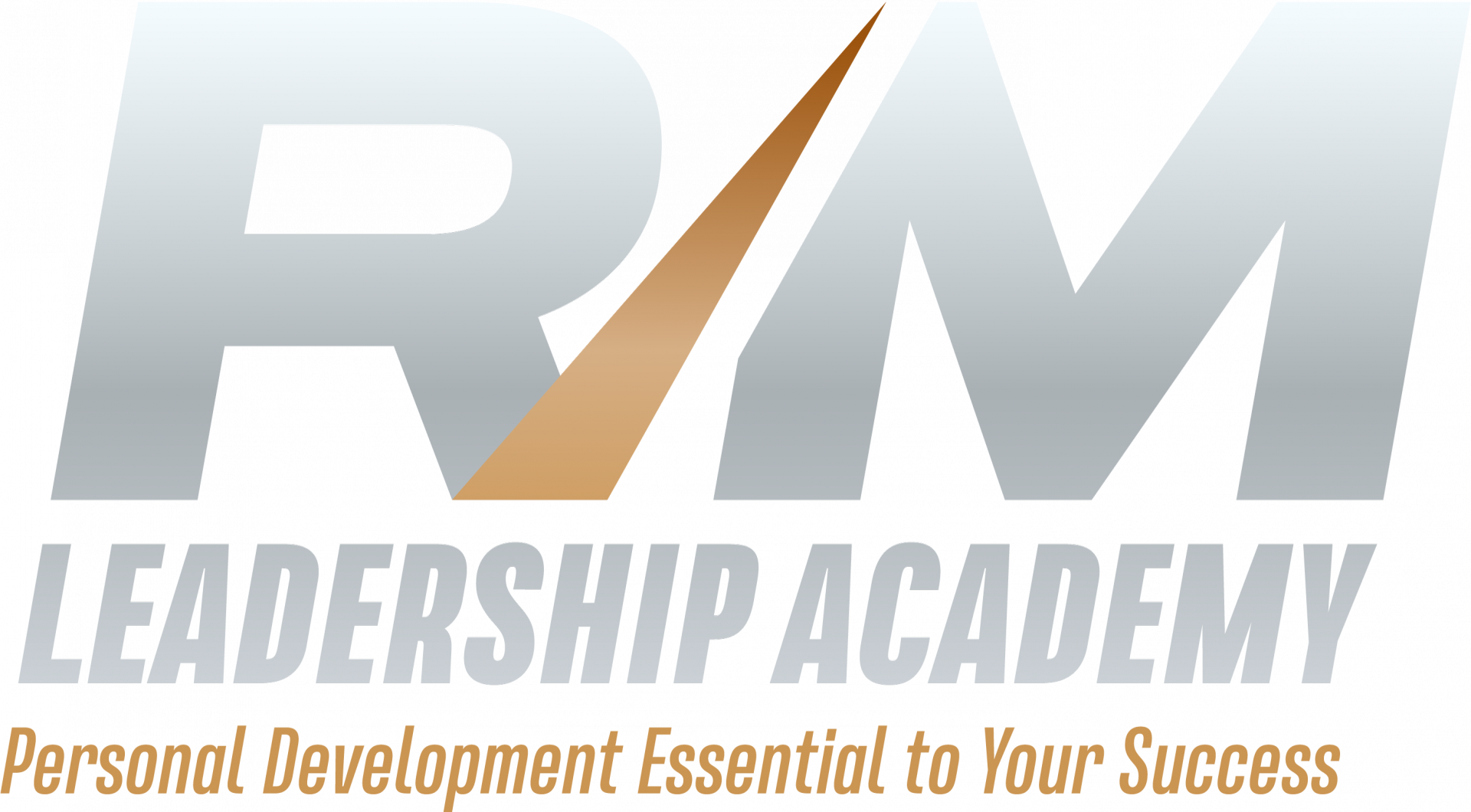Why Learning From Failure Is Your Key To Success
Mar 30
/
Madeline Miles
The article explores the valuable lessons that can be gained from experiencing failure in both personal and professional contexts. Here is a brief summary of the key points:
Overall, the article emphasizes that failure is not a dead end but a pathway to growth and improvement. By embracing failure, individuals and organizations can build resilience, foster innovation, and create a culture that values continuous learning and development.
- Resilience and Growth: The article highlights that failure is an inevitable part of life and work. It emphasizes the importance of resilience and the ability to bounce back from setbacks. Failure can be a catalyst for personal and professional growth.
- Reframing Failure: Rather than viewing failure as a negative outcome, the article suggests reframing it as a learning opportunity. Failure can provide insights, reveal weaknesses, and lead to better decision-making in the future.
- Embracing Vulnerability: Embracing vulnerability and acknowledging failures can foster a culture of authenticity and trust in both personal and workplace relationships. It's important to be open about setbacks and seek support when needed.
- Failure as Feedback: The article encourages seeing failure as feedback. By analyzing what went wrong and why, individuals and organizations can make necessary adjustments and improvements.
- Adaptability: Learning from failure helps individuals and teams become more adaptable and better equipped to handle future challenges. It fosters a mindset of continuous improvement.
- Reskilling and Upskilling: In the professional context, failure can highlight skill gaps. This can be an opportunity to invest in reskilling or upskilling to enhance one's capabilities.
- Leadership and Innovation: Leaders who are open about their own failures can inspire their teams to take calculated risks and innovate. Failure can be a stepping stone to innovation and creativity.
- Psychological Safety: Fostering psychological safety in the workplace is crucial. When employees feel safe to experiment and potentially fail, they are more likely to innovate and contribute their best ideas.
Overall, the article emphasizes that failure is not a dead end but a pathway to growth and improvement. By embracing failure, individuals and organizations can build resilience, foster innovation, and create a culture that values continuous learning and development.

